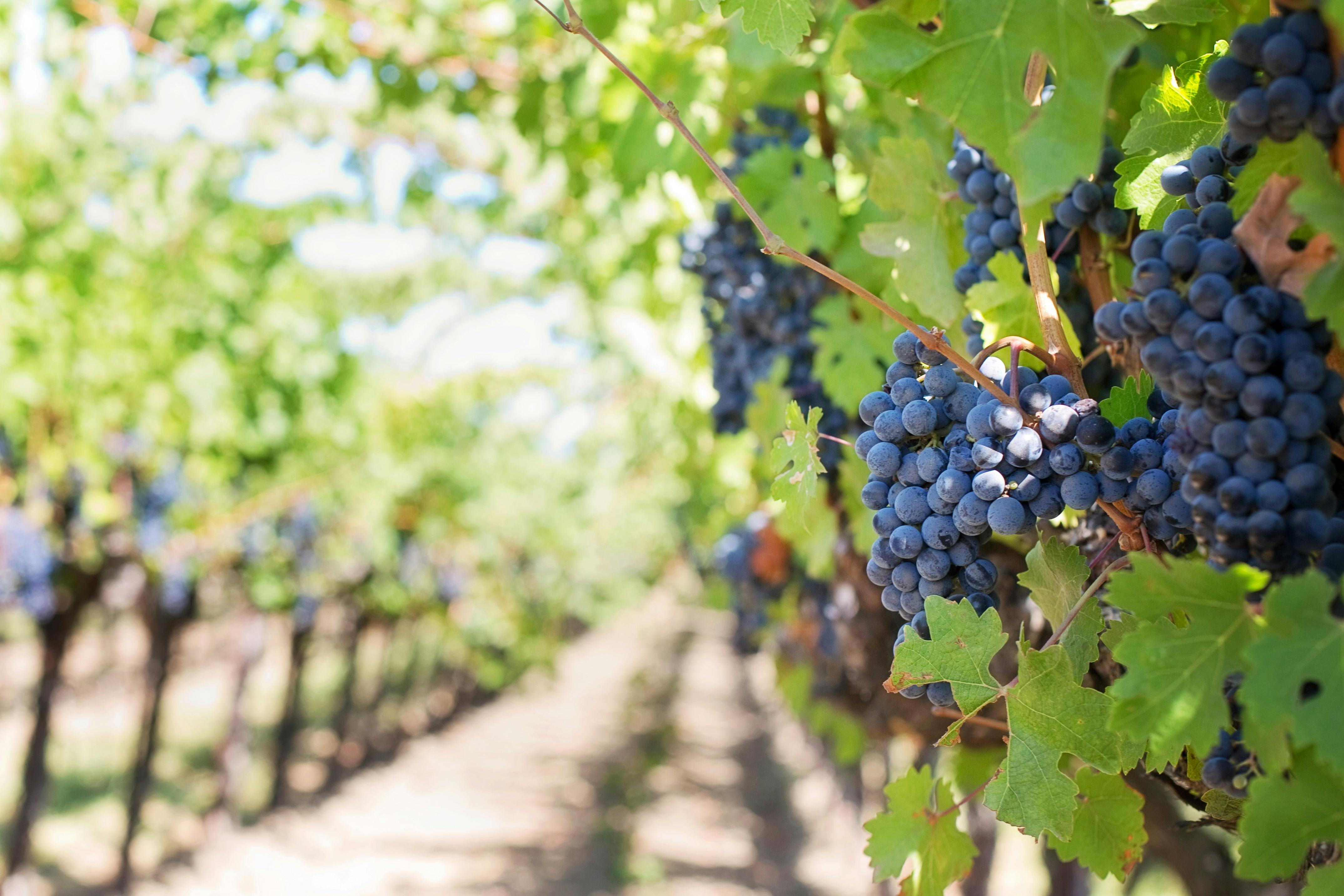News release
From:
A widely-used agricultural chemical sprayed on Australian fruits and vegetables to prevent fungal disease is killing beneficial insects critical for pollination and ecosystem health, new Macquarie University research shows.
The study, published in Royal Society Open Science, found chlorothalonil – one of the world's most extensively used fungicides – severely impacts insect reproduction and survival, even at the lowest levels routinely detected on food.
"Even the very lowest concentration has a huge impact on the reproduction of the flies that we tested," says lead author Darshika Dissawa, a PhD candidate from Macquarie's School of Natural Sciences.
"This can have a big knock-on population impact over time because it affects both male and female fertility."
The researchers exposed fruit flies (Drosophila melanogaster) to chlorothalonil levels matching those typically found in produce from cranberries to wine grapes. Even at the lowest dose, flies showed a 37 per cent drop in egg production compared with unexposed individuals.
Supervising author Associate Professor Fleur Ponton says the dramatic decline was unexpected.
"We expected the effect to increase far more gradually with higher amounts. But we found that even a very small amount can have a strong negative effect," Associate Professor Ponton says.
Although banned in the European Union, chlorothalonil is extensively applied to Australian crops including orchards and vineyards, often preventatively when no disease is present.
The findings add to mounting evidence of global insect population decline, with some regions reporting drops exceeding 75 per cent in recent decades.
"We need bees and flies and other beneficial insects for pollination, and we think this is an important problem for pollinator populations," Associate Professor Ponton says.
The research highlights a critical knowledge gap in pesticide regulation, with fewer than 25 scientific papers examining chlorothalonil's effects on insects despite its widespread use.
The researchers recommend more sustainable practices, including reduced application frequency to allow insect population recovery between treatments.



 Australia; NSW
Australia; NSW



